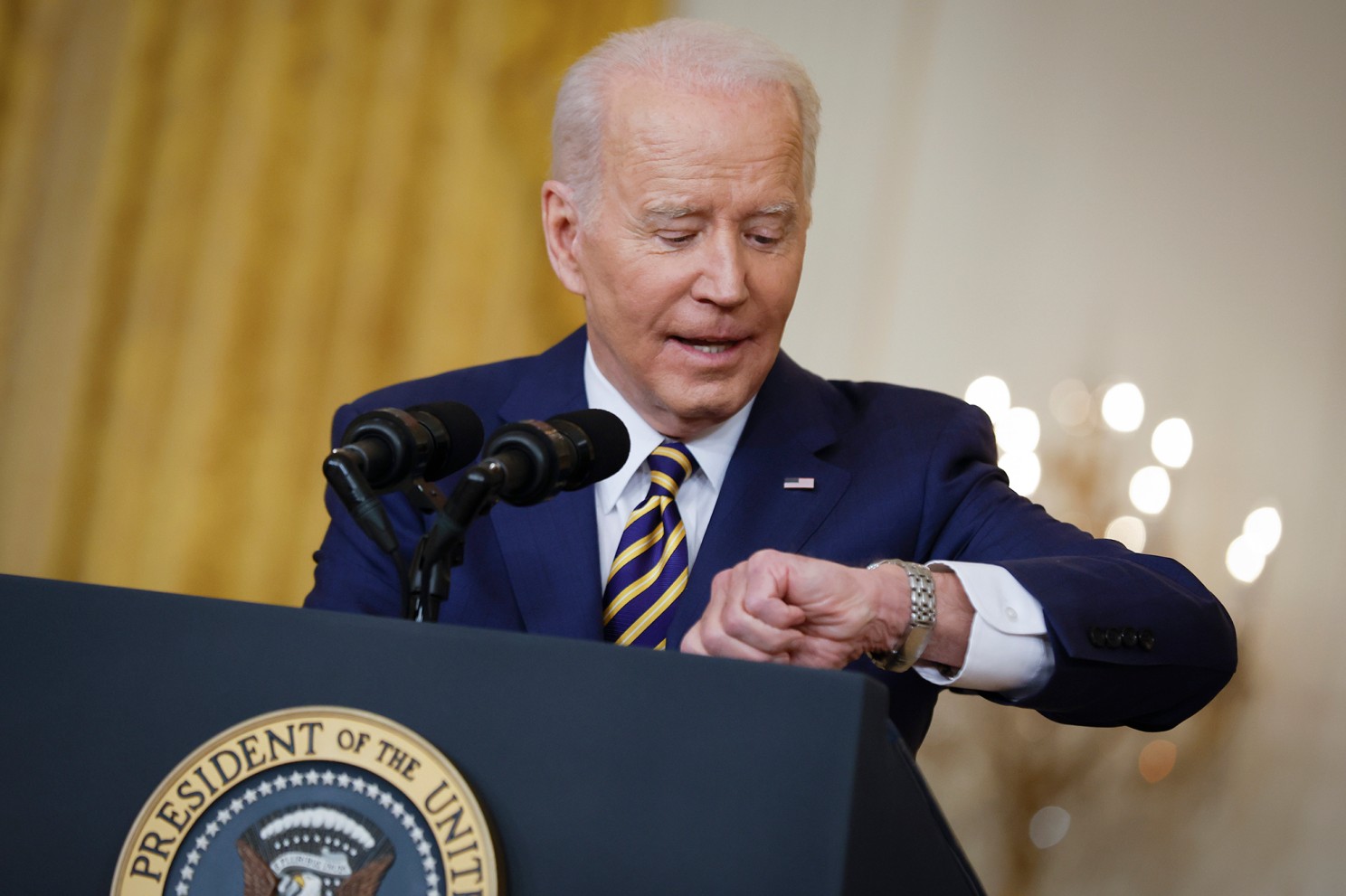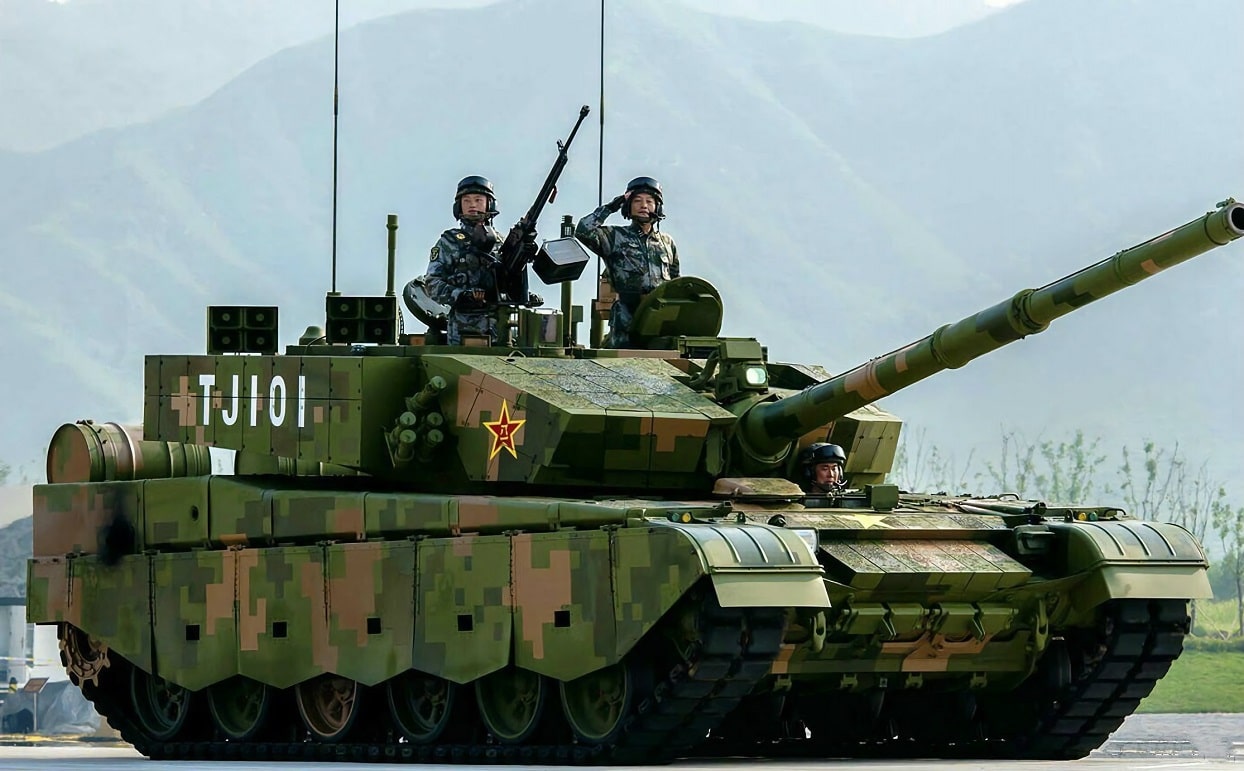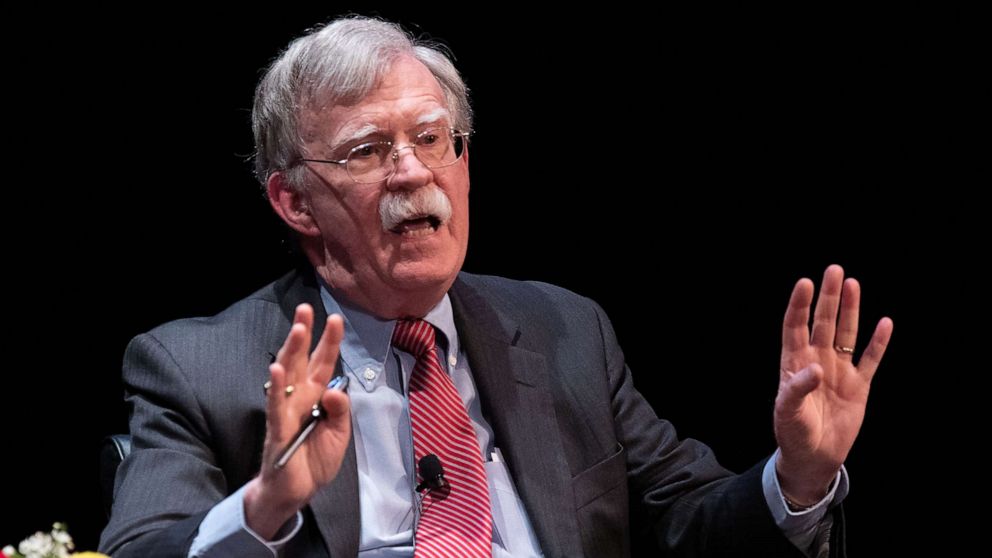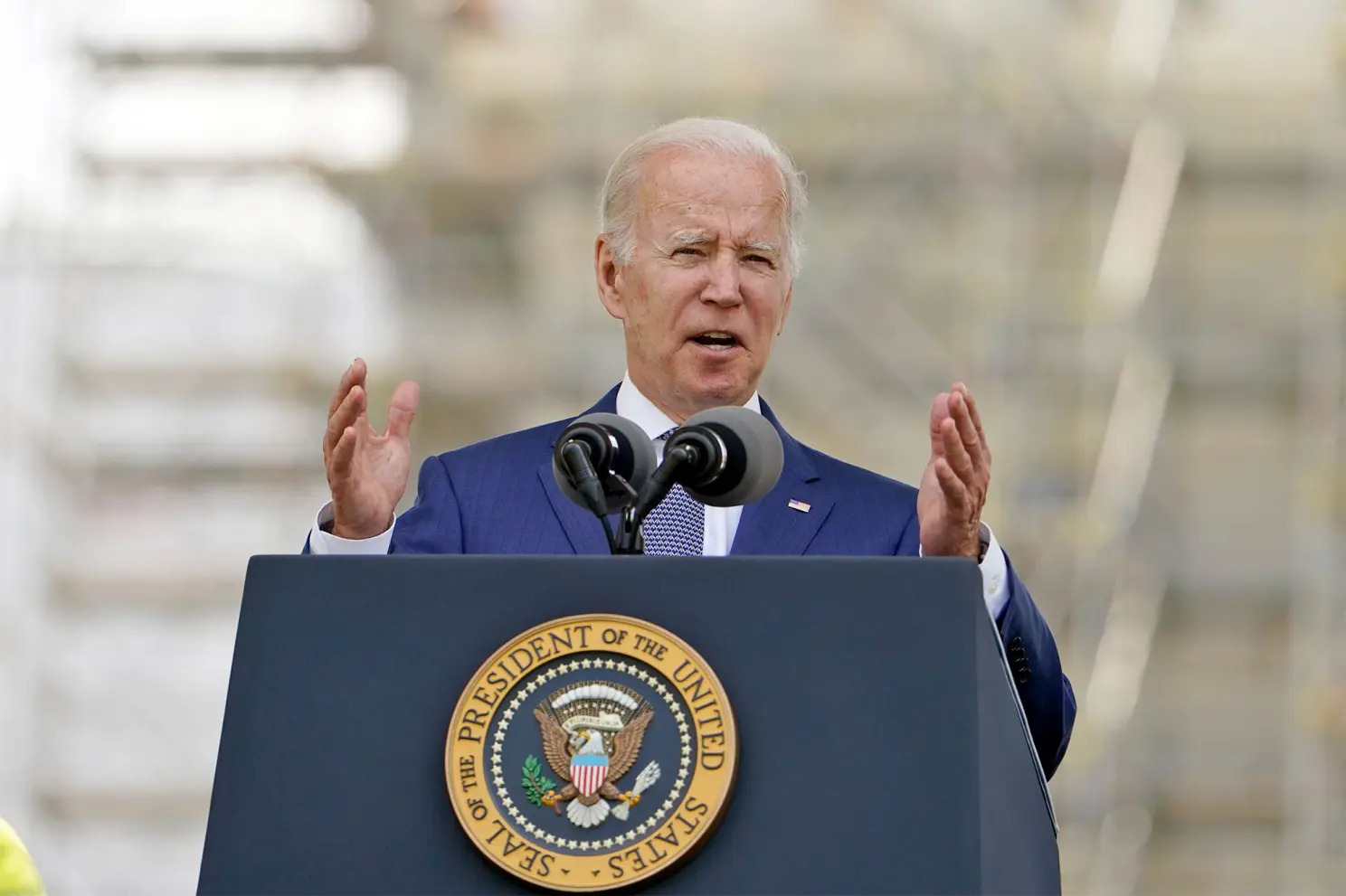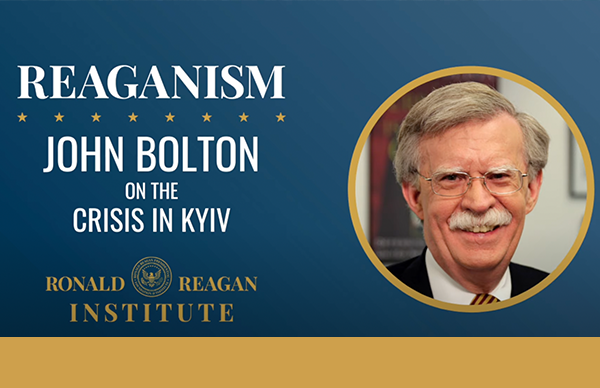By Dr. David Wurmser
Flaring tensions between Jordan and Israel, and in particular the escalating, hostile rhetoric coming from Amman, over the “status quo” on the Temple Mount in Jerusalem have stunned long-term observers of the situation. Even strong advocates who traditionally defend and even advocate increasing Jordan’s regional role were jarred. Israelis have been particularly shocked by the acerbic determination of Jordan’s exacerbation of this tension. As a result, some now question that relationship.
Moreover, that volley of harsh statements was made by the most senior Jordan officials over recent weeks against the backdrop of the most fatal terror wave Israel has faced in many years, with 20 Israeli fatalities in just over a month, and as hundreds of thousands of Muslims gathered on the Temple Mount to chant, “Khaybar, Khaybar Oh, Jew!; the army of Muhammad is returning,’ which is a blunt reference to the extermination of the Jews at Khaybar by Muhammad in 628 AD. The juxtaposition terror attacks and chants for another genocide of Jews against the verbal assault from Amman amplified the recoil Israelis felt from the substance of the statements and lead many who in the past supported Jordan to doubt Amman’s continued goodwill toward Israel and the resilience of the attending peace treaty.
Israel, the United States and those who view Arab-Israeli peace as positive should indeed be concerned about the survival of the peace treaty. Indeed, Jordan’s behavior in public plunged a dagger into the heart of the reigning Israeli defense concept since 1967; Jordan and Israel shared an interest in preventing the Palestinian issue from exploding out of control and threatening the Kingdom, and thus Amman could be counted upon by Israel to always help calm and manage the fallout of any increase in local and regional tension. Suddenly, Jordan was instead pouring kerosene onto Israeli-Palestinian tensions.
However, the statements themselves are not the problem, nor did this latest episodic flare-up in Palestinian violence cause the emerging “Jordanian problem.” It merely exposed something much deeper and more troubling about the state of affairs in Jordan.
Indeed, both the statements and Jordan’s vulnerability to Palestinian escalations are symptoms of a failing Jordanian policy. Or more accurately, Jordan’s instability and the more provocative and hostile Jordanian policy in fact both reflect and result from an underlying shift in King Abdallah’s strategic outlook. That shift not only is out of kilter with the spirit of various articles in the Israel-Jordanian peace treaty, but contradicts it.
The shift is not recent, but likely occurred between five and ten years ago. And the longer and deeper it takes root, not only will the Israeli-Jordanian peace treaty come under further duress, but the purpose of the shift to shore up King Abdullah’s reign politically will fail. The stability of the Kingdom, in fact, will deteriorate further.
Jordan’s tantrum
Since April, Jordan has not only escalated its rhetoric against Israel, but has crossed several red lines in this round of conflict.
Echoing Palestinian incitement
Most particularly, it descended to unprecedented levels when its prime minister, Bisher al-Kasawneh, praised those who attacked the Jews and called those Arabs who work with Israeli authorities as legitimate targets for violence. He praised the rioters as those:
“who proudly stand like minarets, hurling their stones in a volley of clay at the Zionist sympathizers defiling al-Aqsa Mosque under the protection of the Israeli occupation government.”
The term “Zionist sympathizers” cut Israeli hard because it so closely echoed a highly inflammatory statement by the Israeli Arab List leader Ayman Oudeh made a week earlier right after a Christian Israeli-Arab policeman, Amir Khouri, was killed in the line of duty as several Israelis were being killed in a terror attack in Bnei Brak near Tel Aviv in March. The verbal assault by Oudeh on Arabs who have integrated into Israeli official institutions like the military and police was a clear attempt to denigrate their memory, especially since he then proceeded to call on Arab police in Israel to resign and resist. Jordanian PM’s Kasawneh’s words – which both praised resistance to Israel and denigrated those police who cooperate with Israel — on the heels Oudeh’s statement were inescapably to many seen as an intentional echo. The statement thus horrified Israelis and emboldened their adversaries.
Moreover, Jordan de facto accepted Israel’s ultimate control over the Temple Mount in the 1994 peace treaty. In return, Israel would prioritize consideration of Jordan’s special and historical role over Muslim holy sites. But Jordan, via Prime Minister Kasawneh’s statement annulled Israel’s legitimacy and erased any Jewish connection to the Temple mount by calling Israelis illegal colonial settlers, a second time a week after the first statement:
“Israel has no sovereignty over the holy sites in Jerusalem! It is a Muslim place of worship, and only the Jordanian Waqf has full authority over the management of the compound…This is occupied Palestinian land.”
These were particularly bitter pills for Israel to swallow coming in the wake of a sudden, unexpected wave of Palestinian terror that claimed 20 Israeli lives.
Contradicting the Israeli-Jordanian peace treaty
And it was essentially annulling two critical parts of the 1994 Israeli-Jordanian peace treaty. Article 2, paragraph 3 states that: “They will develop good neighbourly relations of co-operation between them to ensure lasting security, will refrain from the threat or use of force against each other and will settle all disputes between them by peaceful means.” The point is so important that the treaty returns, expands and dwells at length on this point again in Article 4, which states:
- ”Both Parties, acknowledging that mutual understanding and co-operation in security-related matters will form a significant part of their relations and will further enhance the security of the region, take upon themselves to base their security relations on mutual trust, advancement of joint interests and co- operation, and to aim towards a regional framework of partnership in peace…The Parties undertake, in accordance with the provisions of this Article, the following:
- to refrain from the threat or use of force or weapons, conventional, non-conventional or of any other kind, against each other, or of other actions or activities that adversely affect the security of the other Party;
- to refrain from organising, instigating, inciting, assisting or participating in acts or threats of belligerency, hostility, subversion or violence against the other Party;
- to take necessary and effective measures to ensure that acts or threats of belligerency, hostility, subversion or violence against the other Party do not originate from, and are not committed within, through or over their territory (hereinafter the term “territory” includes the airspace and territorial waters).
- ‘Consistent with the era of peace and with the efforts to build regional security and to avoid and prevent aggression and violence, the Parties further agree to refrain from the following:
- joining or in any way assisting, promoting or co-operating with any coalition, organisation or alliance with a military or security character with a third party, the objectives or activities of which include launching aggression or other acts of military hostility against the other Party, in contravention of the provisions of the present Treaty.“
In other words, Kasawneh’s statements – echoing Palestinian threats and allowing Jordanian territory to be a haven for factional heads calling for violence against Israel, praising those who attack Israelis by senior officials, and labeling Israeli Arabs who serve in Israel’s defense structures as traitors are all direct violations of the peace treaty.
The second inconsistency with the peace treaty emerged from Article 9, Paragraph 2 of the Israel-Jordan Treaty of Peace, which says that:
“In this regard (i.e., regarding freedom of access to places of religious and historical significance), in accordance with the Washington Declaration, Israel respects the present special role of the Hashemite Kingdom of Jordan in Muslim Holy shrines in Jerusalem…When negotiations on the permanent status will take place, Israel will give high priority to the Jordanian historic role in these shrines.”
While this article benefits Jordan greatly, it also enshrines Jordan’s acknowledgement of Israel’s ultimate control over the area. Kasawneh, in contrast, asserts Israel as a squatter and essentially promotes Jordan as the sovereign authority over the Temple Mount and Israel as an illegal occupier. In both his first and second statements, PM Kasawneh sought to criminalize the essence of Article 9 and through that, the very Israeli control through which Jordan derives its “special role” on the Mount in the peace treaty.
Moreover, this Jordanian behavior followed a particularly intense two-month period in which Israel’s leadership had invested great time and capital in coordinating with Jordan, including by offering major concessions and goodwill gestures to Amman and the Palestinians, in order to ensure that the Ramadan-Passover-Easter holiday trifecta would pass smoothly. Indeed, Israel paid some price in confidence among Gulf Arabs and Egypt by trying to bring Jordan and the Palestinian Authority into Abraham Accords structure at the United States’ behest during the recent Negev Summit in March. As such, Jordan’s turn toward a darker side not only raised doubts about that investment, but humiliated the Israeli government at a highly sensitive political moment, especially those political leaders most involved, namely Benny Gantz, Omer Bar-Lev and Yair Lapid.
Jordan suggests resurrecting the 1852 Ottoman status quo
Another troubling aspect of recent months has been that Jordan’s government drafted a position paper elevating and expanding its “legal” role in Jerusalem and demanding the revival of the “historic status quo.” It then released, or perhaps “leaked” portions to the public, not as an official Jordanian position, but as one of the Jerusalem Waqf.
The document is highly problematic and aggressive in its claims and demands. First, what is one to make of this new concept, “the historic status quo?” Anyone who has visited the Temple Mount since 1967 understands that there has never been a static status quo. It has evolved considerably over the five and half decades since then. And that evolution has invariably been in the Muslims’ favor:
- There are ever increasing restrictions on visiting the site by non-Muslims, including the banning not only of any religious articles, but even non-Palestinian Authority sanctioned tour books.
- The Waqf has increased the expanse and intensity of its Palestinian-Arab nationalist and Islamist political behavior, especially after 1994 when it fell under the control of Ikrima Said Sabri.
- The Waqf also in several periods undertook activities that damaged the archeological, sacred remains of the temple.
- The Waqf expanded – especially in recent years – the definition of “Muslim holy places” from originally the al-Aqsa mosque alone to now not only the entire Temple Mount compound but even the Western Wall (called by Muslims the al-Buraq wall after Muhammad’s horse which supposedly was tied up there).
The Jordanian document, instead of acknowledging the increasing, restrictive control by Muslims of the entire Temple Mount area, instead furthers a timeline of grievance of erosion of Muslim rights and control since 1852 which it noted as a prelude to demanding a restoration of the “historic status quo.” Placed in this context, the term “historic status quo” which Jordan seeks is clearly not a reference to anything which was in place or evolved since 1967 – since going backwards in the last 55 years increases non-Muslim rights — but a reference to the original rights enshrined by Ottoman edicts until the beginning of the erosion of exclusive Muslim control that started in 1852 upon which the document focuses.
Indeed, Jordan via this document demands full sovereignty essentially over the Temple Mount, even in cases of emergency or attack on Israel or Israelis. Indeed, even in conditions that worshippers are attacked at the Western Wall from atop the Mount, Israeli police could no longer be allowed on the Temple Mount for any condition or reason. Jordan also demands “giving the Waqf the authority to severely restrict non-Muslim visits to the Temple Mount; requiring non-Muslims to apply to visit in writing in advance; and setting restrictive tour routes of no more than 500 feet (150 meters) in each direction for non-Muslim visitors.”6
Official Jordanian statements in recent weeks since also outline the justification for such demands by the Jordanian government: Israel “illegally” occupies Jerusalem and that thus it has no right to determine realities and regulations governing the sites in it. In short, for all intents and purposes, the Jordanian government simultaneously insists that the Israeli presence in eastern Jerusalem is illegal, while at the same time insisting that under the Israeli-Jordanian peace agreements, Israel lent Jordan de facto, if not de jure, sovereignty over the holy sites. And the reference to 1852 raises the strong likelihood that “holy sites” means all “holy sites,” not only Muslim since that is the “historic status quo” as it stood in 1852 at the chosen beginning of Jordan’s timeline of grievance.
As if that was not provocative enough, Amman then shopped the document around the region and with officials in the United States. Such an action is inescapably hostile and can be seen only as a calculated humiliation of Israel, an attempt to raise tensions between Jerusalem and a relatively unsympathetic current administration in Washington, and finally also as an attempt to damage Jerusalem’s relations with some of its newer peace partners, such as the UAE.
Jordan moves to “Vaticanize” the holy sites
But if Jordan is trying to wrest sovereignty away from Israel, it will need a governing body with full authorities and heft to function effectively as the sovereign government of the Temple Mount complex. Which is where the issue of the size and role of the Waqf authority and structure comes in.
A decade ago, the Jerusalem Waqf was a rather small, administrative body primarily concerned with the preservation of Islamic structures, institutions and interests over Muslim holy sites. Over the last half decade, however, it has ballooned and changed into primarily a political institution advancing Palestinian national interests and monitoring and harassing the presence of non-Muslims who test their rights to freedom of worship (also enshrined in the Israeli-Jordanian peace treaty) or presence on the Temple Mount and posing a direct challenge to Israel’s sovereignty over the area. In other words, for the first time since World War II under Hajamin al-Husseini, who sided with and strategically helped the Nazis, the office of the Mufti in Jerusalem has become a political instrument of confrontation. True, there has been some movement in that direction several decades ago under Ikrima Sabri as the Mufti in the 1990s, but his removal and replacement with a more pro-Jordanian Mufti halted that drift in the first decade and a half of the 2000s.
But since 2016, something began to change. The Size of the Waqf and its employees expanded dramatically, to the point where there were as many as 850 employees by the beginning of this year – a size vastly greater than any administrative structure over the area required.
Indeed, as if that was not odd enough, the Jordanian monarch asked for an additional four dozen to be hired by the Waqf over the last several weeks. Israel has thus far refused that request.7
And not only has the Waqf employee base been expanded, so too has its administrative council over the last several years under Jordanian pressure.8 Both tracks are designed to increase Jordan’s control over the religious sites, but these moves also largely expand the power of key, and notably corrupt, PLO officials (such as Yousef Dajani, who is an Abu Mazen crony and the former head of the East Jerusalem Electric Company).9 To note, the peace treaty bars Jordan from siding with any third party to undermine Israel in any of the territory west beyond the Jordan river.
To be clear, what Jordan is trying to do with the vast expansion is to create a sovereign structure ruling not only over the Temple Mount, but other holy places as well given the context of the references to 1852 and “the historic status quo,” at which time the Ottoman Khaliph had ultimate sovereignty and authority over all religious sites, not only Muslim. In short, Jordan is trying to turn the holy sites of Jerusalem into a status akin to the Vatican in Rome and over Catholic assets, except in this case, such a dispensation would also govern the key Christian and many Jewish holy sites too (the Western wall has been redefined by the Waqf, for example, as the al-Buraq wall, marking the wall to which Muhammad’s horse, al-Buraq had been tied during his night journey to the furthest [al-Aqsa] mosque, which thus makes it a Muslim holy site).
Underlying it is the same concern Jordan has about the Palestinian population more broadly. Jordan fears the complete loss of control by Abu Mazen over his population and ceding of the leadership to Turkey, Hamas and Iranian-oriented factions. Having spectacularly failed to employ elections last spring (2021) to validate the decade-and-half rule of Abu Mazen – another effort led by Jordan and Abu Mazen which led to war and weakening of Abu Mazen – Jordan embarked on another shibboleth designed to shore up Abu Mazen and Jordan’s leadership among Palestinians, this time to try to preempt Hamas, Turkey, Iran and Iran on this issue. However, this effort led to the opposite result.
By expanding the Waqf, expanding Jordan’s control over the Waqf along with the PLO’s leadership, King Abdallah hoped to preempt its complete takeover by Hamas and other geopolitically threatening factions. The problem is that not only is this failing to shore up either the PLO’s leadership role or Jordan’s currency among Palestinians, this all is being done at the expense of Israel, and at the expense of delegitimizing and undercutting Israel’s sovereignty and control over the site. The result is not that Jordan replaces Israel to fill the expanding vacuum left by Israel, but that Hamas dashes in successfully to fill it. In other words, Jordan’s strategy is enabling rather than preempting a greater role and control of Hamas and Palestinian Islamic Jihad and others.
As such, most disturbing is that the Waqf – which answer ostensibly to the Jordanian King – was directly involved in encouraging and inciting the violence centered on the al-Aqsa mosque. Jordan is creating a Frankenstein’s monster that weakens both it and Israel.
Indeed, it is easily predictable that such a vast expansion of the Waqf and erosion of Israeli continued legitimacy on the Mount (a policy onto which the Biden administration has now signed) becomes exponentially more disturbing as the Waqf – instead of being essentially an administrative body – assumes the role of instigator and organizer of the riots that occurred over the last three months on and around the Temple Mount (including the very serious attempt to cause a riot and embarrass Israel during Easter services at the Church of the Holy Sepulchre).
Jordan shifts geopolitically away from the West
This shift in Jordan toward the Arab nationalist camp also carries with it a geopolitical shift more reflective of the historical alignment of Arab nationalism against the West, including for example in supporting Russia against Ukraine. Jordanian papers – especially “state-sponsored” daily, al-Rai – are increasingly tolerant of and even echo some of the worst Holocaust denial theories de jour, and peddle extreme versions of anti-Semitic attacks and re-writes of history that convolute Nazism and Judaism, narratives which are by their very essence incitement. Muhammad Kharroub wrote on May 8, for example:
“[It was] the heroic Soviet soldiers and generals who invaded the Third Reich, flew the Red Flag over its headquarters and declared the defeat of Nazism while the Zionist movement and a group of Jewish leaders made a pact with its leader, Hitler.”10
And employing the concept of global Jewish conspiracies that dominate superpowers: “[Disagreements between Israel and Russia] have attracted the attention of political and media circles and research centers in Russia, and some of them have opened the ‘dossiers’ of the Jews and Zionists and [to discuss] the role their institutions played in dismantling the Soviet union and in usurping the Soviet-Russian civil sector and privatizing it for paltry sums in favor of U.S.-supported Jewish mafias.”11
Another writer in the same state-sponsored paper wrote: “Russian Foreign Minister Sergey Lavrov exhibited courage when he refuted the ostensible contradiction between Judaism and Nazism by making a statement that will in no doubt go down in history that ‘Adolf Hitler had Jewish blood in his veins.”12 And “This lie was followed by another one, amplifying the Jewish Holocaust and falsifying a lot of information about it as Zionist propaganda maintained that the Nazis killed almost six million Jews during World War II out of the 11 million Jews worldwide at the time. This figure is hard to believe.”13
Such articles in organs affiliated with the Jordanian state are calculated to instigate violence. And observers of Jordan have noted with alarm for several years the rising intensity and increasing frequency of these sorts of grotesque anti-Semitic incitement and conspiracy theorizing over the last half decade, to the point where Jordan is rapidly becoming an epicenter of the new anti-Semitic literary and journalistic scene.
This deterioration is perhaps most intense lately, but it is not a recent addition. Since 2017 at least, Jordan has turned to a much more confrontational path with Israel.
And one must also recall the role played by Jordan last year in the sequence of events that led to the summer 2021 war and the underlying dynamics that led to last May’s escalation into war. Indeed, the war began months earlier when Jordan, the Palestinian Authority (PA) and the newly minted Biden administration launched a plan to resurrect the Palestinian Authority by holding an election that they believed would lend the PA an easy electoral victory which then could be leveraged to validate its authority, strengthen it, and through that to resurrect the moribund Palestinian “peace process.”
The plan went horribly awry, however, when it became clear that Abu Mazen’s PLO would face not victory, but a certain catastrophic electoral annihilation and with it political collapse. Thus, the PA chose to cancel the elections rather than follow through. Cancelling elections because of imminent loss only deepened the PLO’s loss of legitimacy, which thus encountered an enormous backlash and threat of civil war – which in turn would certainly have been won by Hamas. As a result, the PA attempted to deflect blame for cancelling the elections onto Israel and began whipping up a war hysteria. That war hysteria (for which Hamas had long prepared) led eventually to war (for which Hamas had also long prepared). Hamas held all the cards.
Jordan failed, however, to learn from this failure. Instead of revisiting its policy of based on championing the most damaging aspects of the PA’s failed narrative and strategy to itself regain control of Palestinian Authority leadership, Jordan tied itself ever deeper to this rudderless PLO which has been reduced strategically to employing a one-trick deck show (Defend Jerusalem from the Jews!) as its ship sinks.
Where to from here?
This point of this article is neither to question Jordan’s intent on remaining within the peace treaty with Israel, nor to review of the genuinely disturbing rising anti-Semitic nature of Jordanian discourse, although both legitimately have led some in Israel to begin to weigh the costs of continuing to answer to Jordan’s steady diet of demands or indulge its provocations.
Indeed, one has to acknowledge that Jordan’s King has for decades actually had amicable relations with Jews and has never been considered in any way particularly hostile to the Jewish people. This shift and recent anti-Israeli behavior is, to be true to the historical record, quite out of character. So much so that this new wave is likely not the result of any heartfelt or genuine anger, but a more calculated move driven by the increasing desperation.
Moreover, almost all years Netanyahu was prime minister, other than his last four, were calm years in Israeli-Jordanian relations, in contrast to disturbed relations not only in the last five years, but even now when Jordan faces a rather sympathetic government in Jerusalem.
Rather, Jordan is reacting to the failure of the Oslo process to produce a new Palestinian leadership capable of actually leading the Palestinian Arabs rather than pillaging them, and encouraging them into peace rather than employing incitement to divert internal anger. The complete failure of the Oslo process to transform the revolutionary, externally-imposed leadership into a genuine governing structure left a power vacuum among Palestinians, which was additionally exacerbated by the dilution of Jordanian influence over the Palestinians caused by decisions both by those made early by Moshe Dayan after Israel assumed control of the area in 1967 and by King Abdallah’s father’s (King Hussein’s) decision in 1988 to sever his ties and claims to the areas of Judea and Samaria.
In essence, this led to a situation today where Jordan knows a vacuum has emerged among the Palestinians that is being filled by dangerous regional forces, but at the same time Jordan has left very little effective ability to control Palestinian politics.
That, however, is a manageable circumstance, and Israel will eventually prevail over Hamas, Islamic Jihad, and any other foreign power like Turkey or Iran that seeks to lord over the Palestinians and ride their plight to pursue fantasies of Israel’s destruction. What is far harder to manage is Jordan’s strategic misstep in handling this circumstance – the answer to which will be addressed in following parts of this essay.

